5 Reasons to Shrink Your Lawn & Mow Less
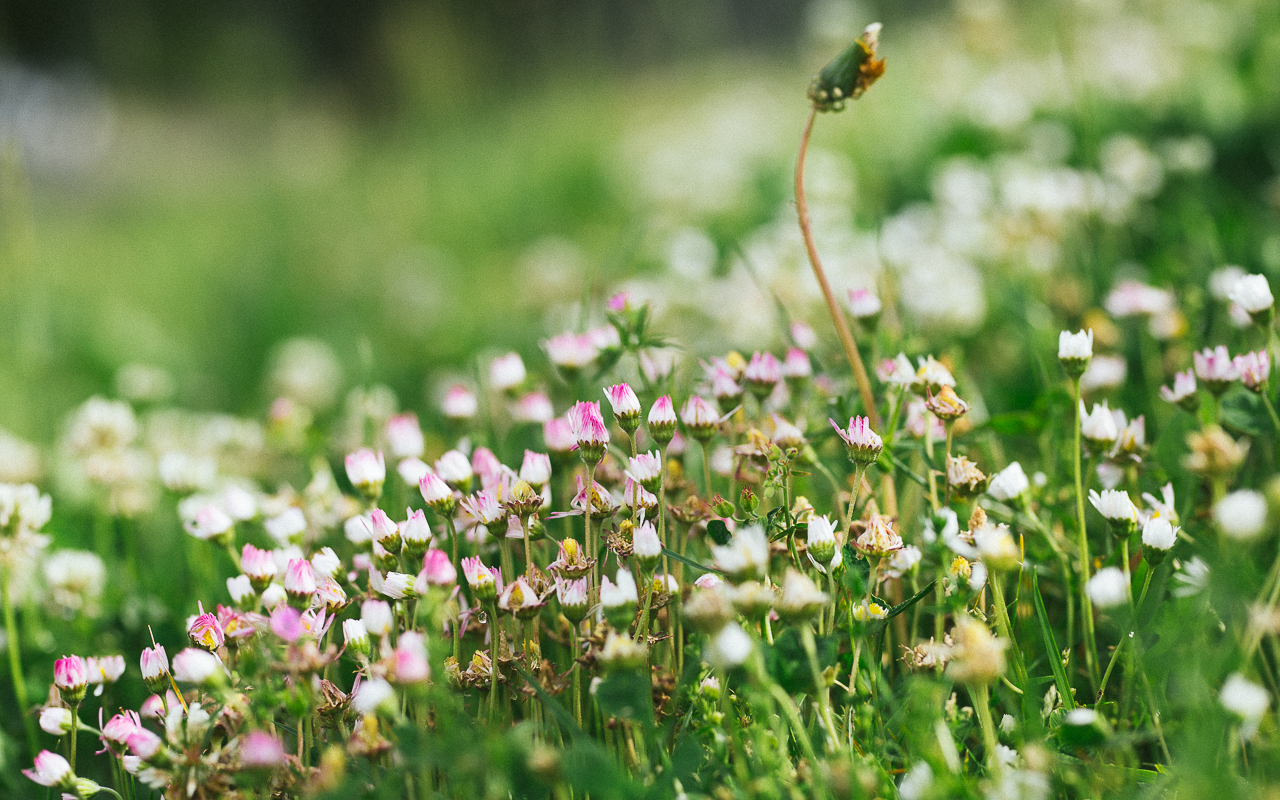
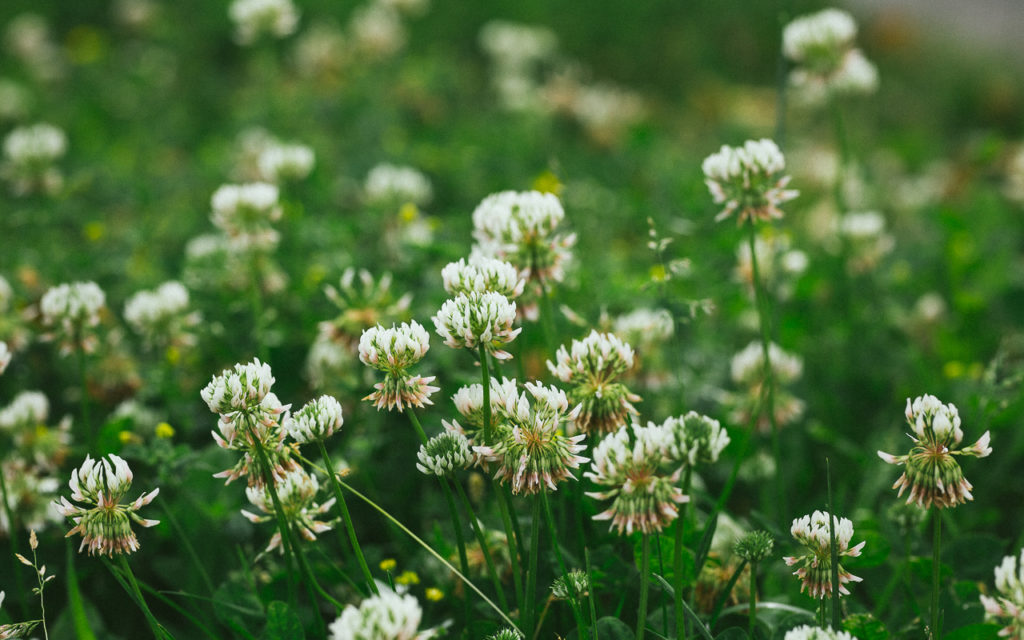
While there are benefits to having a lawn there are 5 just as valuable benefits to shrink it and mow less.
What’s a Lawn Got to do With it?
I love a good game of croquet and a comfy place to stretch out under a big blue sky as much as the next person, but a closer look at the numbers calls the best of lawns into question.
The United Nations’ Global Assessment Report on Biodiversity and Ecosystem Services has found 25% of plants and animals (mostly insects) are at risk of extinction in the coming decades. To put it in perspective, that’s nearly a million living things! If you’ve read the headlines stating that we’re at the brink of the 6th mass extinction, this is why.
Some of the main drivers of global biodiversity loss include the climate crisis, pollution, invasion of alien species, exploitation of organisms, and land and marine management practices (which includes development, industrial agriculture, and forestry practices). These same issues are also directly affecting insects on top of things like pesticide use, loss of habitat (which includes a decrease in native plants), light pollution, leaf blowers, and millions of acres of sterile, flowerless lawn.
“If all insects on Earth disappeared, within 50 years all life on Earth would end. If all human beings disappeared from the Earth, within 50 years all forms of life would flourish.” – Jonas Salk
Just Think of the Possibilities!
Almost 3/4 of the United States is privately owned and, of that, nearly 140 million acres is residential land, and 40 million acres is turfgrass. All once vital habitat for wildlife.
If every property owner were to shrink their lawn by even just 1/4 and renovate it with a few lovely wildflowers and native plants for wildlife, the impact would be incredible!
So, ask yourself, how much lawn do you really need for that game of croquet or nap with the dog?
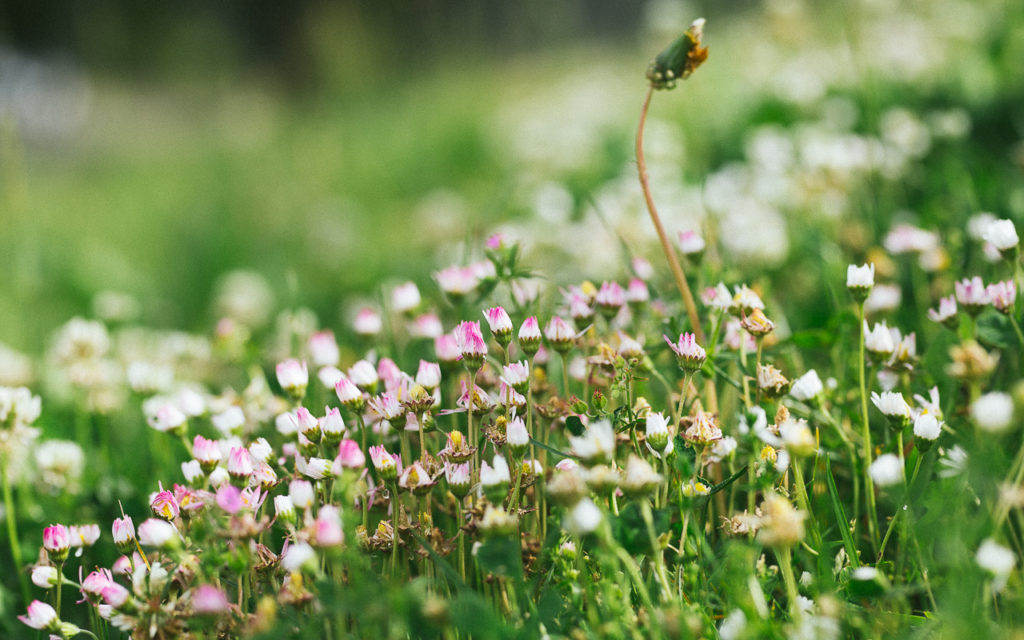
Mow Less? But Won’t it Look Messy? No.
It’s time for a new era with a new look. Just like the 70’s got bell-bottoms with the hippy movement, we get clover and daisy filled lawns with the rewilding movement. It’s a necessary step in the right direction and one we can take today.
Sprinkling in lawn daisy seeds, Bellis perennis, and clovers like white clover can happen instantaneously. Letting some dandelions grow is a good idea too. All of these flowers are some of the first to flower in spring and are important forage plants for many insects including bees.
When you mow your lawn less, you give daisies, clovers, and other plants a chance to flower — providing important habitat and food sources.
Trending Now: No Mow May
The Covid-19 Pandemic has caused many of us to stop moving and stay home. With it has come a renewed appreciation for our home plots and the lifeline that nature provides. In fact, connectivity with nature is more important than ever before.
We’ve seen the benefits of reduced maintenance of public spaces such as the turf areas of schools and parks. Wildlife is returning as these spaces are left to go wild. Nature is rebounding and fast.
What if No Mow May continued throughout the year? Consider reducing mow times to once or twice a month at most and increase the height of the mower. There are benefits to this too. An increased mower height increases lawn length which reduces watering requirements and run-off while improving the overall health of your lawn. True fact.
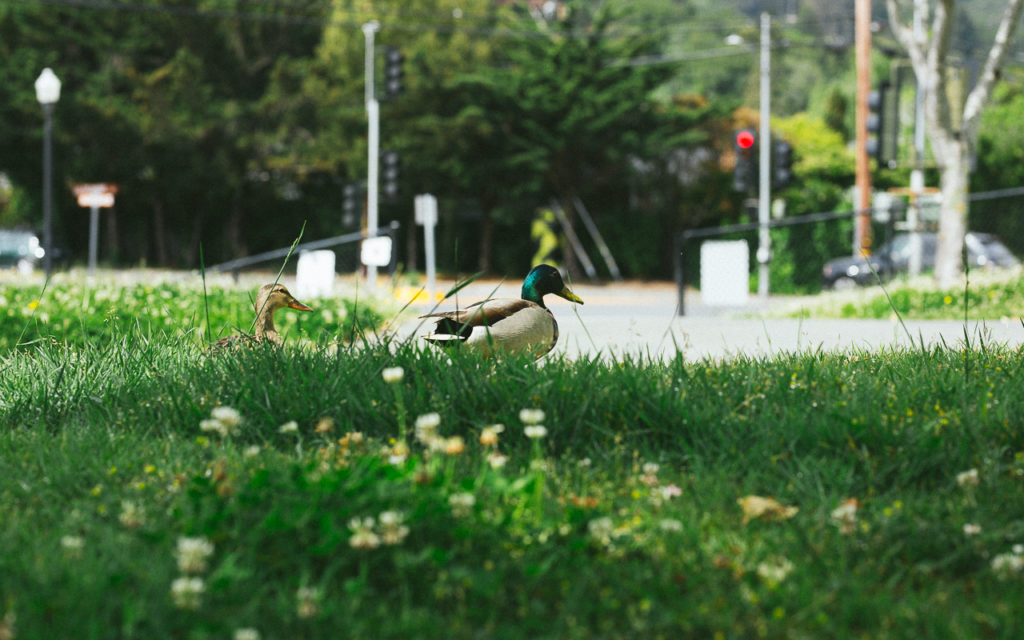
5 Reasons to Shrink Your Lawn and Mow Less
- Provide habitat for wildlife by converting some of your lawn to native plants and wildflower meadows.
- Increase forage and host plants for valuable insects by increasing the diversity of plants in your home landscape.
- Mowing less allows flowers to bloom and these flowers feed insects like bees and butterflies.
- Reduce pollution by reducing run-off. (A smaller and taller lawn improves lawn health while decreasing watering needs.)
- When you embrace the rewilding movement by shrinking your lawn and mowing less you become a trendsetter. It also helps bring concerns for issues such as loss of biodiversity into everyday conversations. The more we talk about these issues and share ideas with friends and family the better. So chat it up!
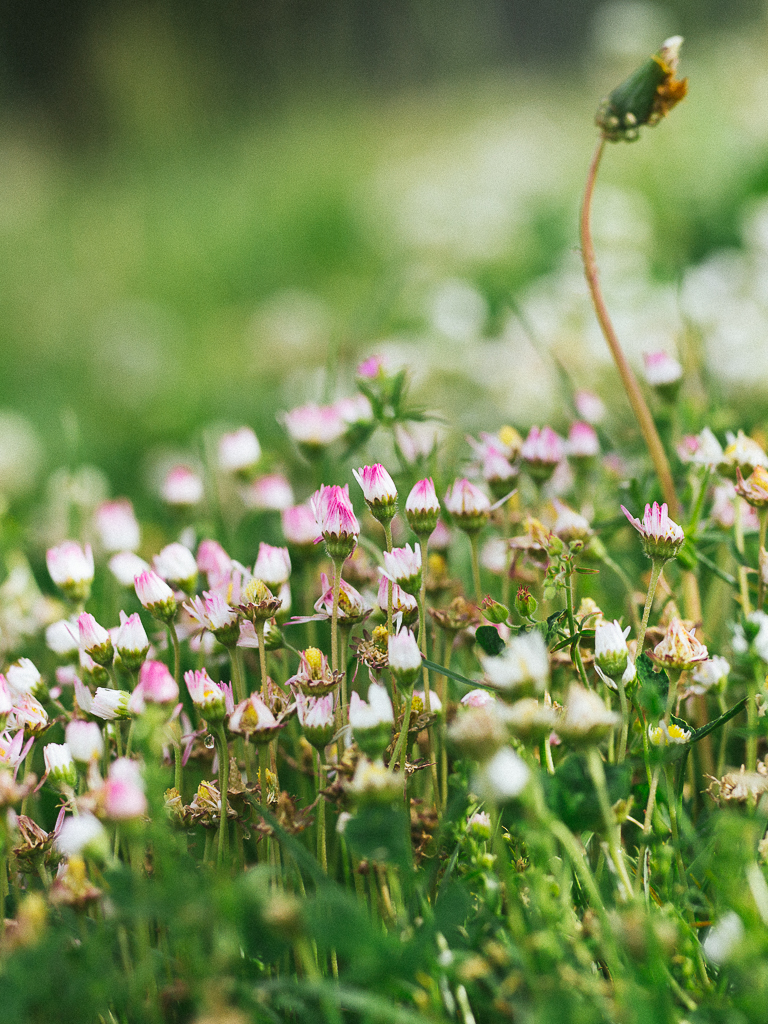
Other articles you might enjoy:
What is Organic and Why is it Important?
Listen
Buy The Book
Special offers
Newsletter Signup
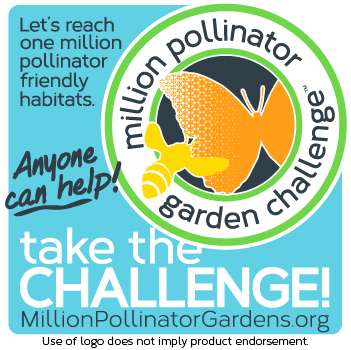
Archives
Disclosure
Pass The Pistil is a participant in the Amazon Services LLC Associates Program and other affiliate programs such as Etsy, affiliate advertising programs designed to provide a means for sites to earn fees by advertising and linking to curated affiliate sites.


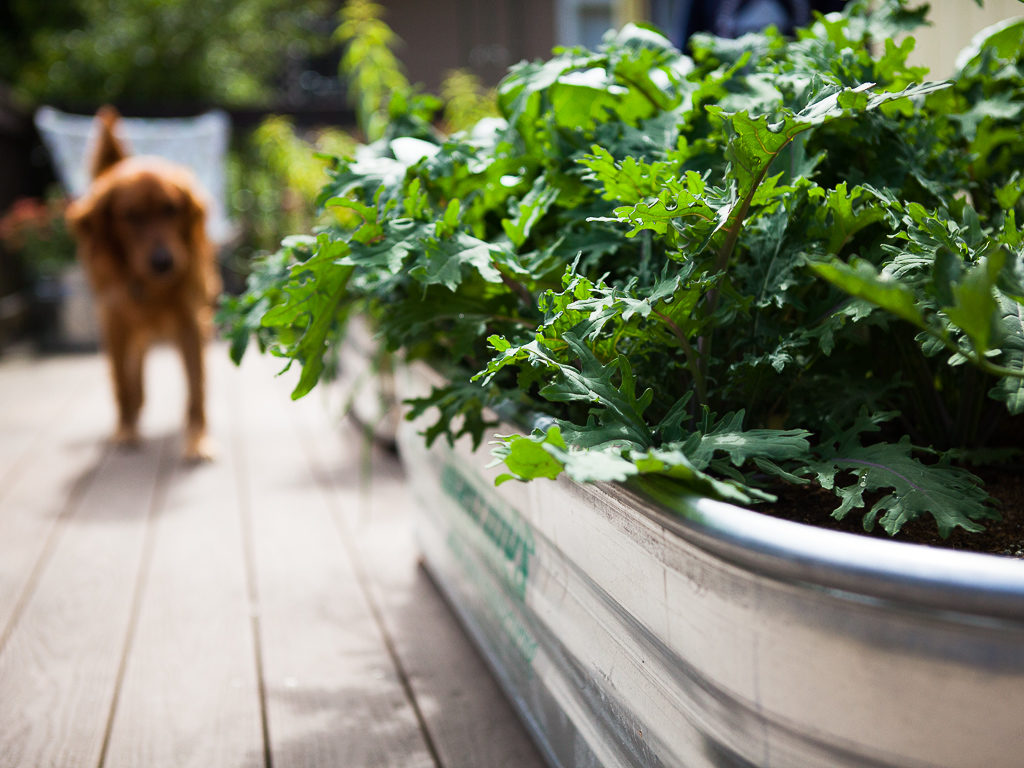
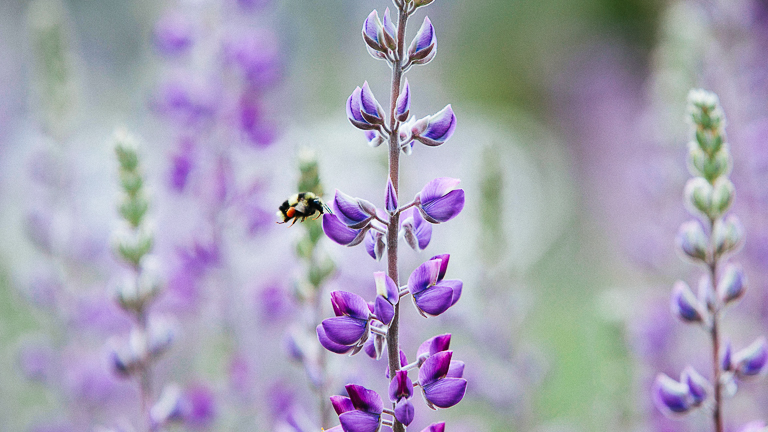
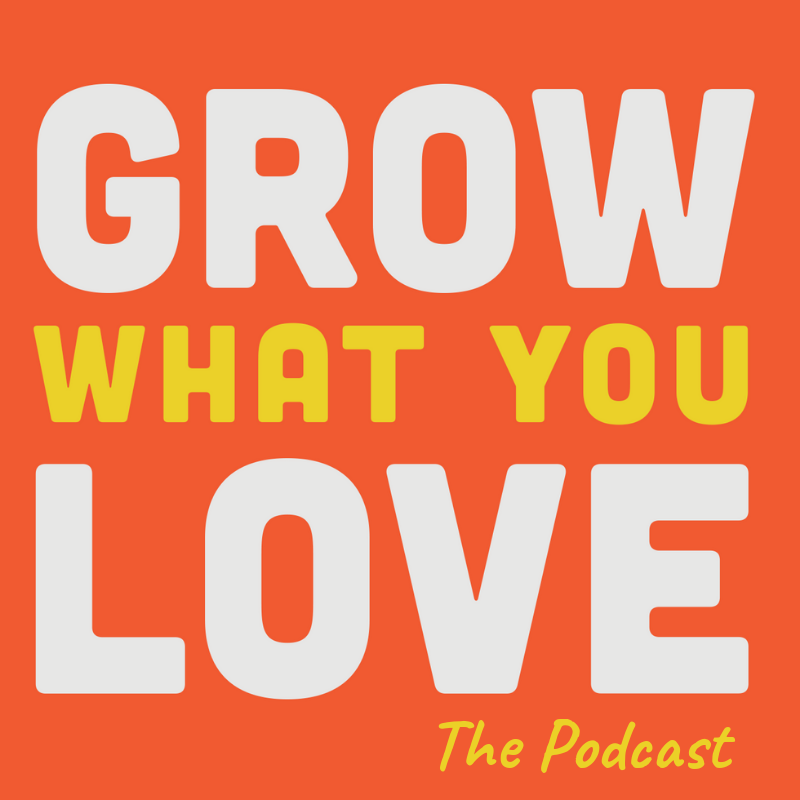





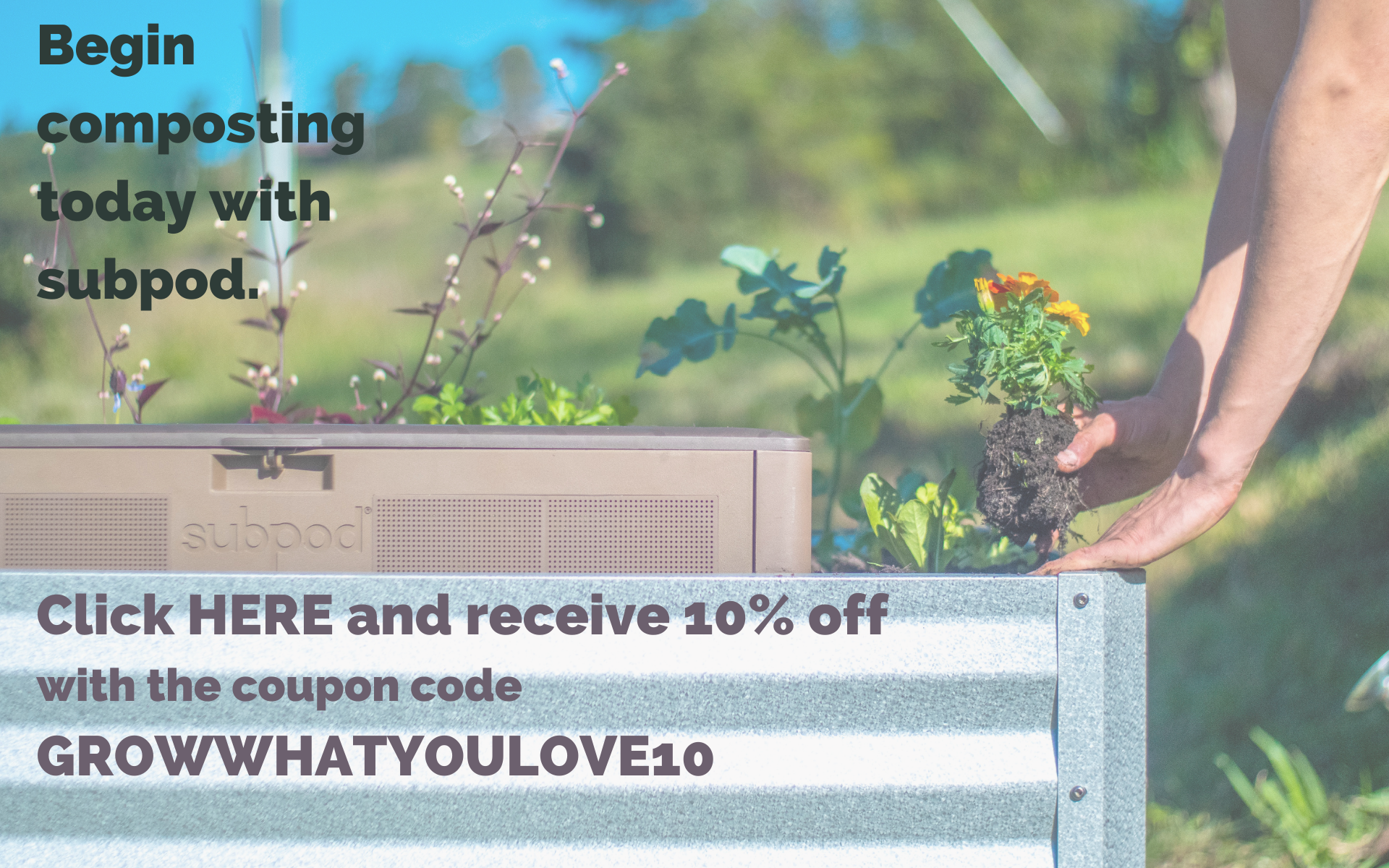
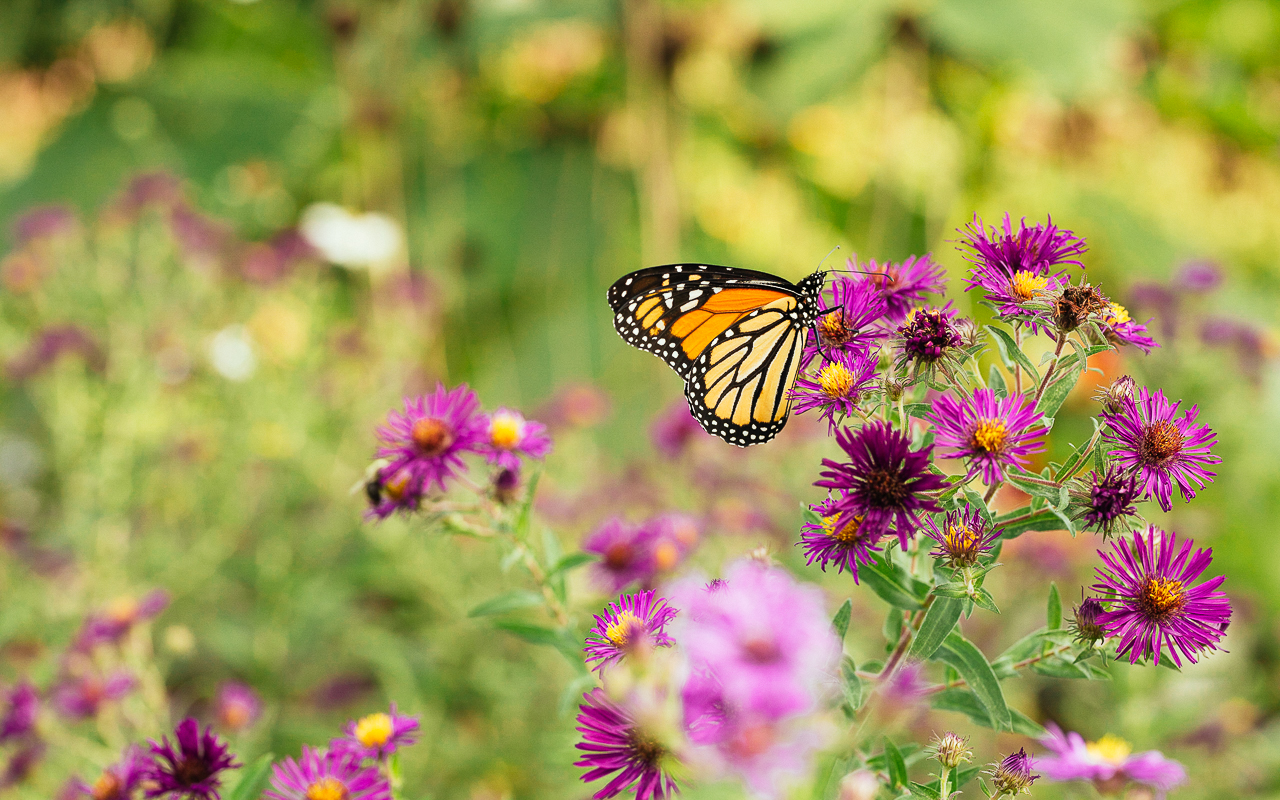
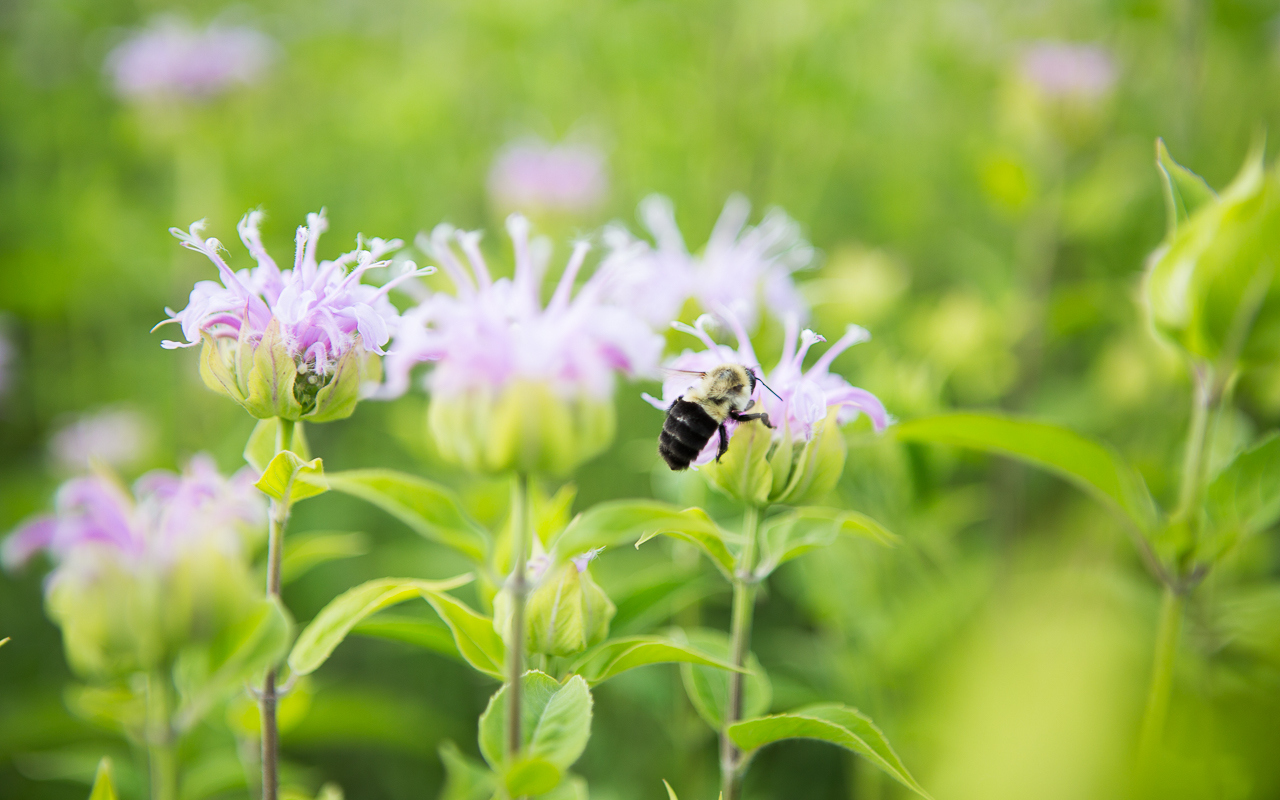
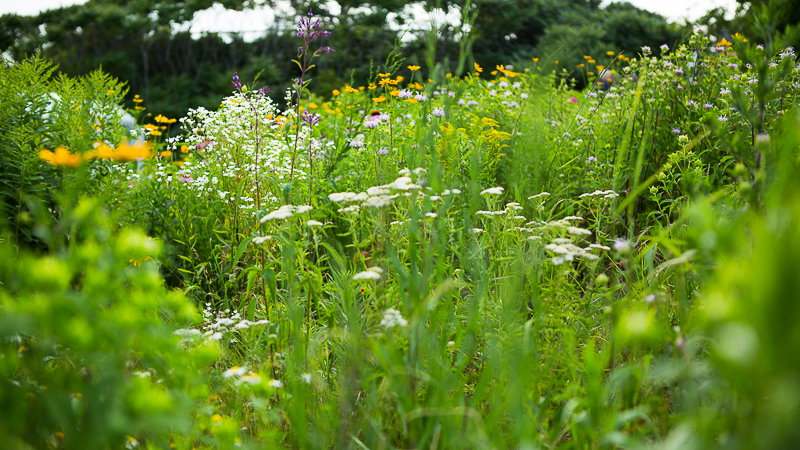
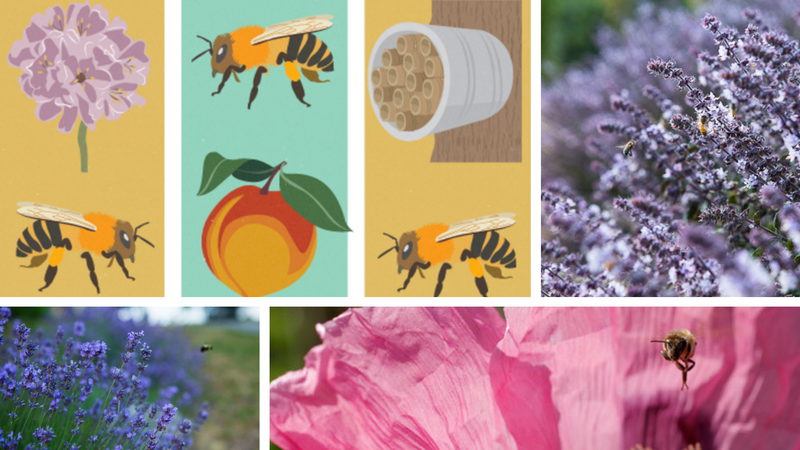
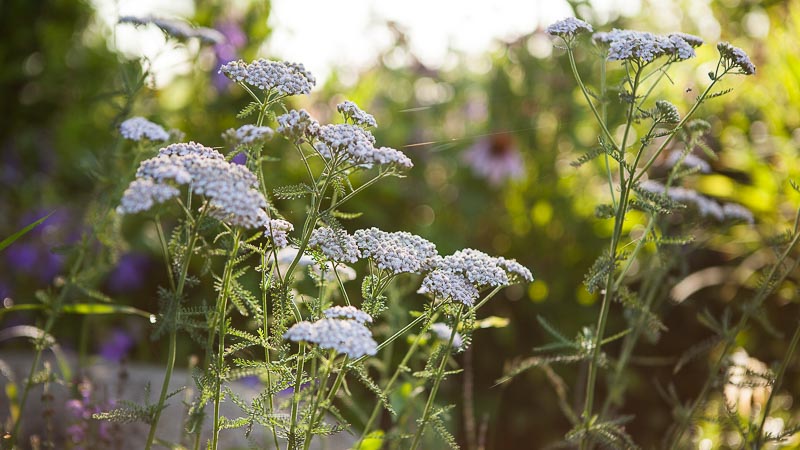
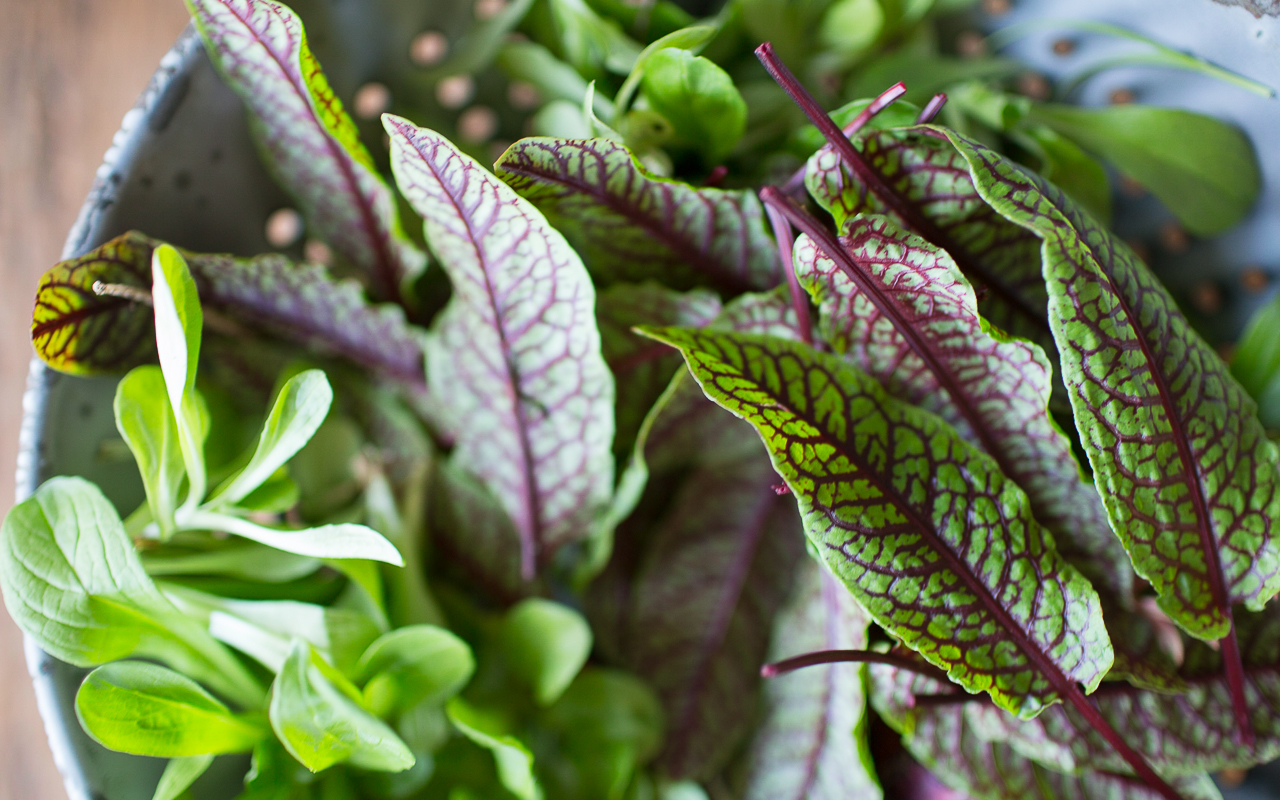
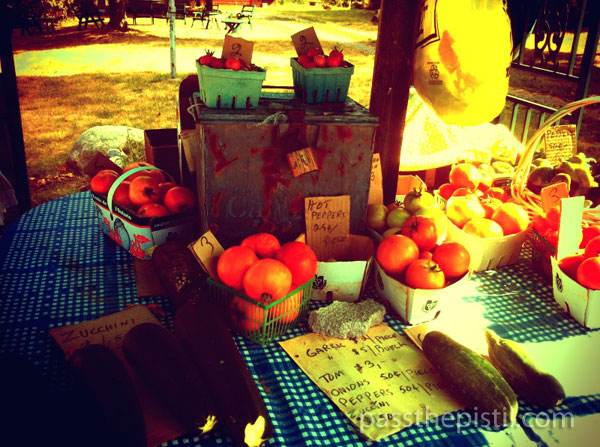
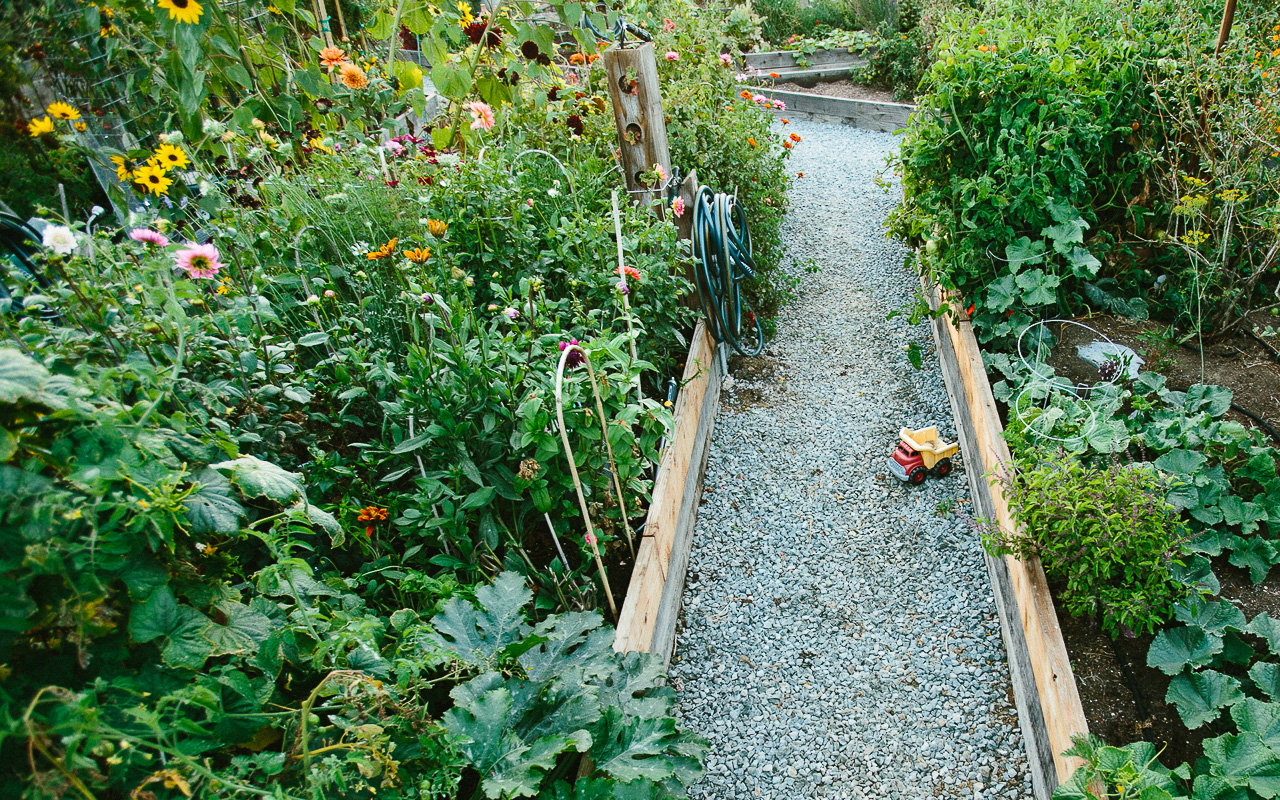
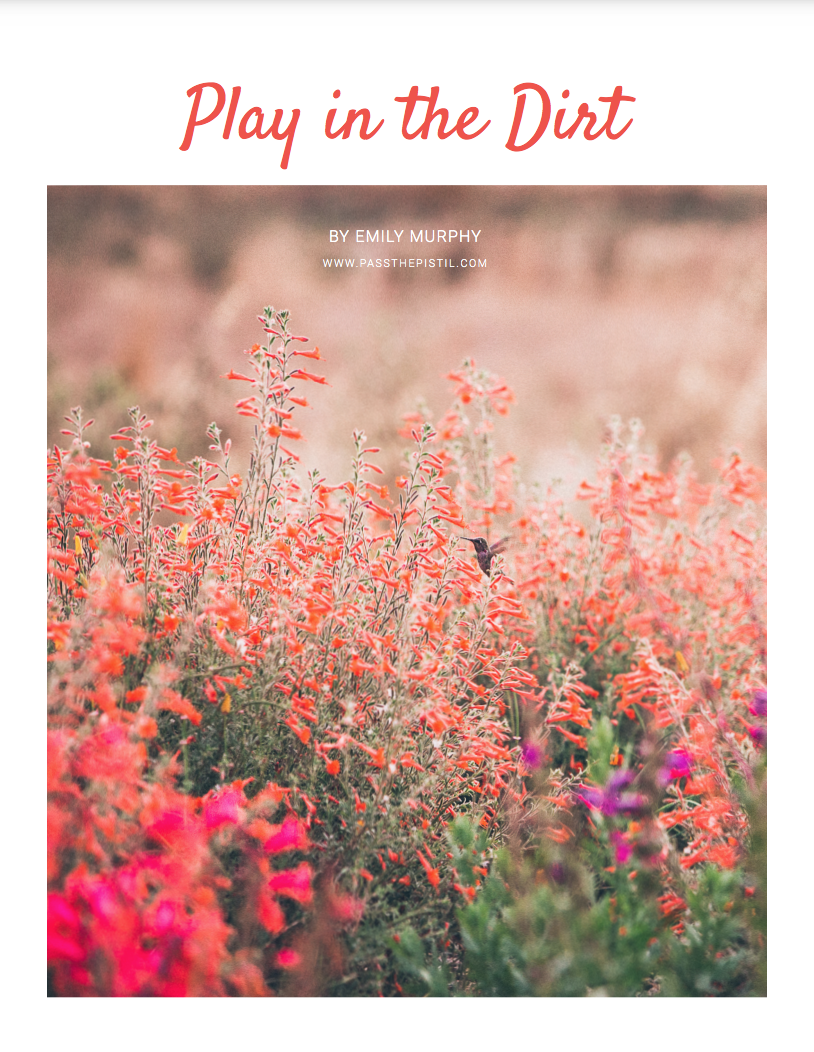

Hi Emily – We have spent so much more time appreciating the garden having been restricted due to COVID19. The lawn has gone from functional to a teaching resource as the children have searched for minibeasts, watched the early bees on the dandelions and learned that dock leaves help nettle stings. Rewilding is definitely a great approach for an enjoyable learning and appreciation of our outdoor spaces
Hello! This is wonderful to hear. I especially love the sound of the mini-beasts you’re finding in your lawn and garden. It must be teaming with life! I agree completely too with your thoughts on rewilding. It’s more important than ever before for us to continue chatting it up. Thank you! Emily